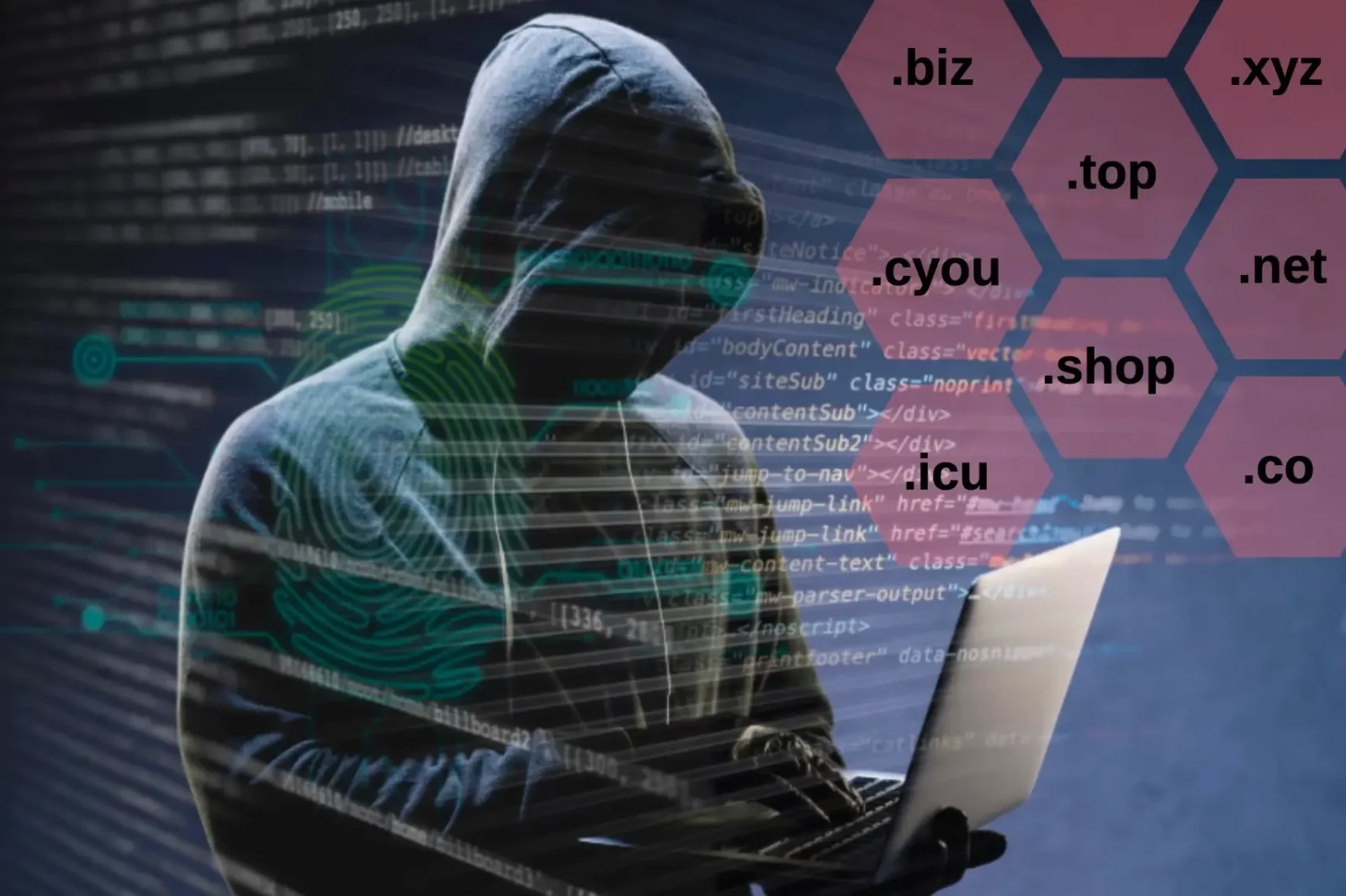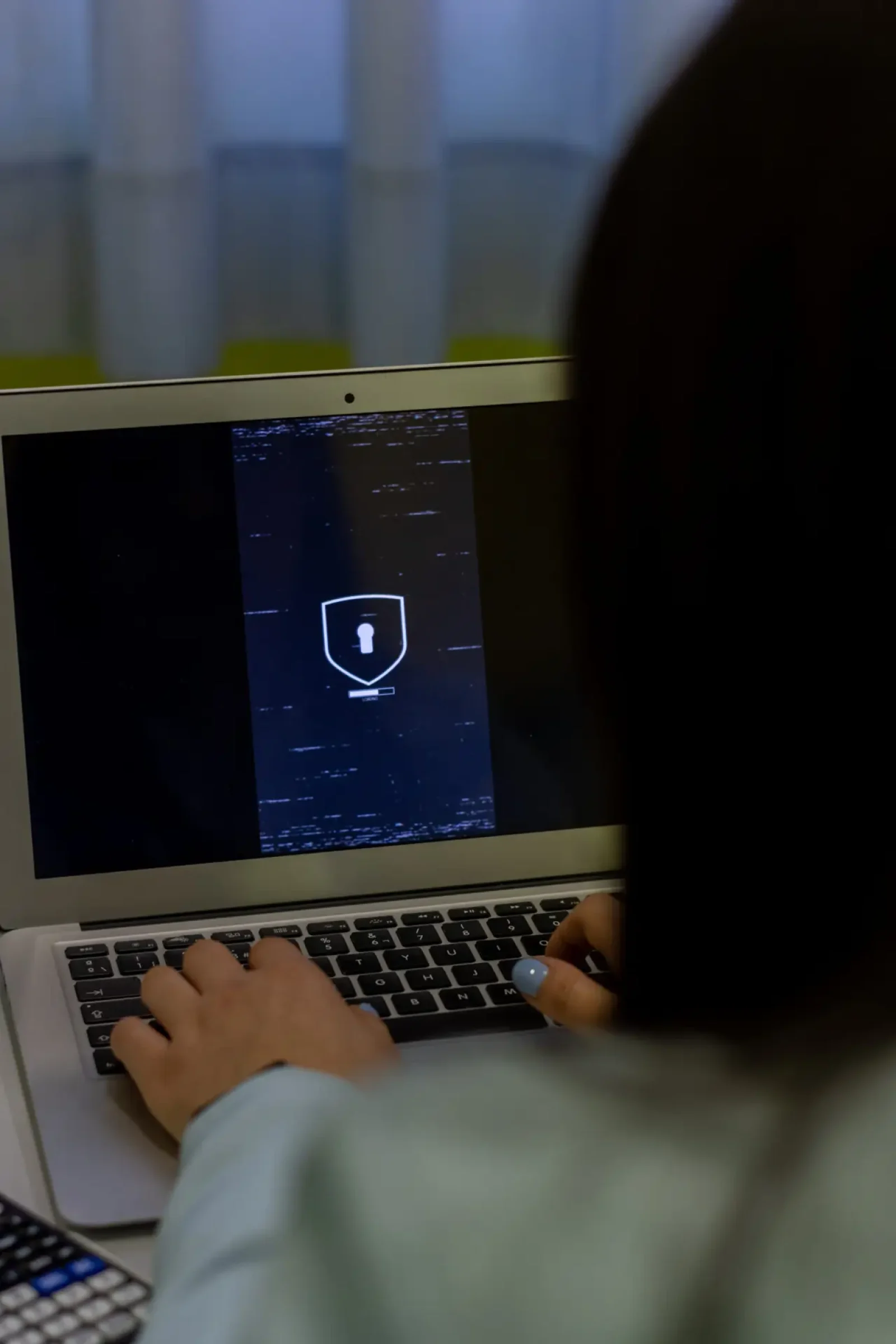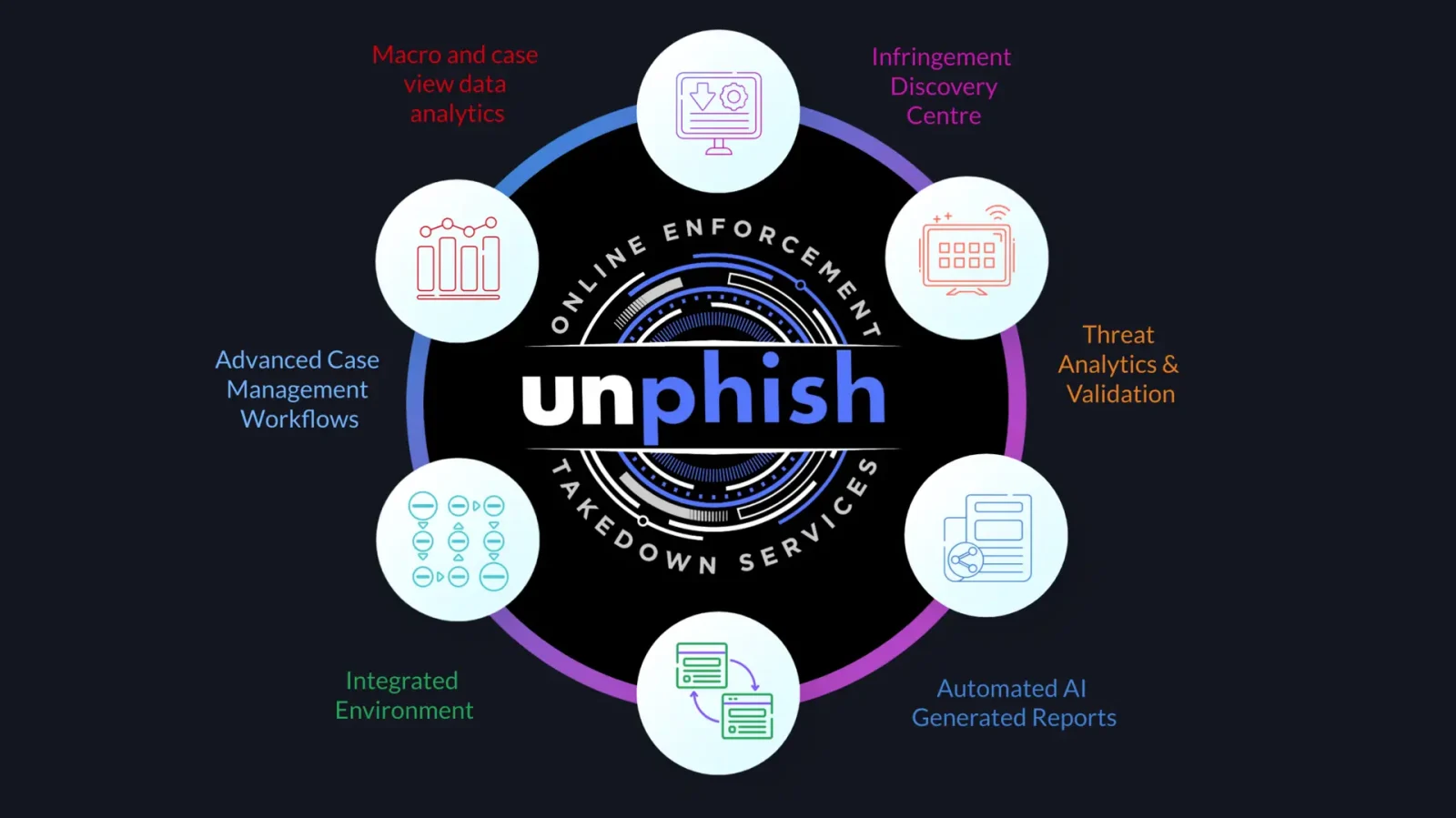Five Practical Tips to Protect Your Brand from Web-Based Phishing Attacks
Tips to Protect Your Brand from Web-Based Phishing Attacks
Web-based phishing is one of the fastest-growing threats facing enterprises today. Criminals can launch convincing fake websites in hours, using...
Registrar Hacking and why Registry Lock is so Important
Registrar hacking isn’t theoretical—it happens more often than most people realise. There are 2,800 ICANN Accredited Registrars, and the top ten retail Registrars (that manage over 250M domains) are targeted regularly – in most cases Registrars do a great job defending...
Why Domain Registrars Are Key to Stopping Fast Flux Phishing
A recent Dark Reading article highlighted the continued growth of fast flux phishing, an old tactic that’s been on the radar of enforcement professionals for years. Maybe a forgotten scam for many, those of us working in the phishing takedowns and cyber enforcement space are...
Unphish Gets a Major Boost from the Australian Government
Support from Australian Government
Protecting your brand from fake websites, social media impersonation and other online threats is more crucial than ever. With cybercriminals creating around 1.5 million...
Website Takedown Strategies: Malicious Domains vs Compromised Websites
Discover takedown strategies for malicious domains and compromised websites.
Learn how to collect evidence, liaise with registrars, & escalate issues.
Unphish Beta Launch
brandsec is pleased to announce the launch of Unphish beta which will see us testing our proprietary enforcement workflows with over 200 different platforms.
RAA update – Domain Name Registrars put on notice to improve their response to abuse
Effective April 5, 2024, an amendment to the 2013 Registrar Accreditation Agreement mandates new responsibilities for registrars concerning the handling of DNS Abuse for gTLD domains. This amendment specifies the obligations of registrars to act upon receiving credible...
Protecting Against the Threat of Malicious Domain Name Registrations
Malicious domain name registrations are specifically created for nefarious purposes, such as phishing attacks. These registrations are more effectively mitigated at the DNS level compared to domains that have been compromised. Typically, these malicious domains are newer and...
Domain Names and Clone Phishing Attacks
What is a Clone Phishing Website?
As cyberattacks against brands are becoming more veracious, it’s no surprise that domain names are being used more frequently in clone phishing attacks. Clone...








